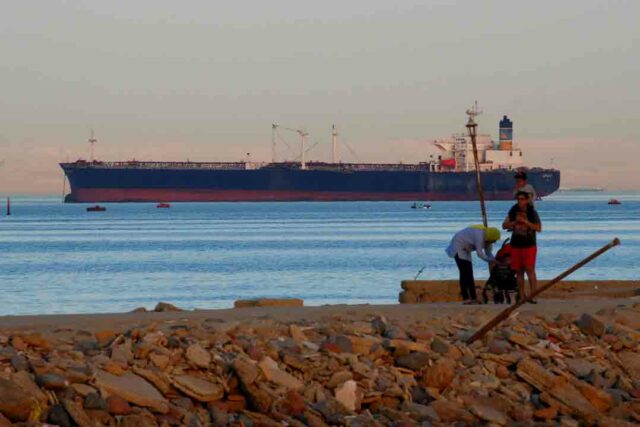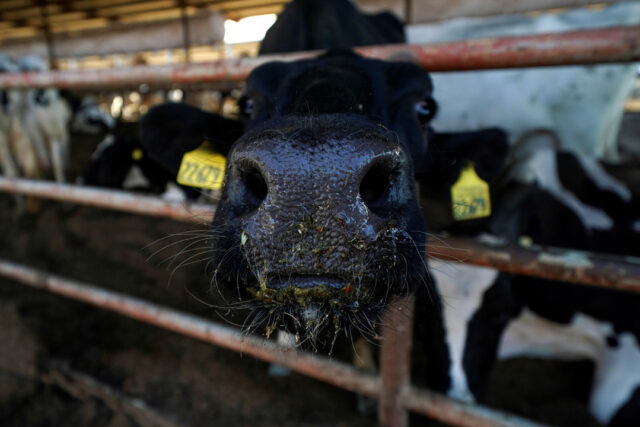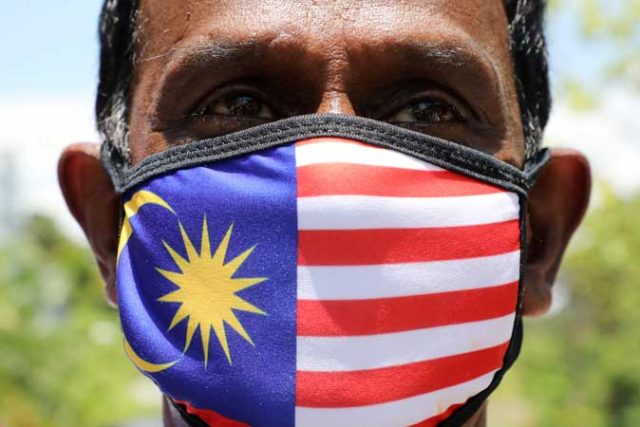Dončić trade
Luka Dončić was all smiles when he was formally introduced as a Laker the other day. He said all the right things as he faced members of the media — that he looked forward to wearing purple and gold, that working with erstwhile face of the franchise LeBron James “is just like a dream come true,” and that he understood both the privilege and the pressure of playing “for the greatest club in the world.” For all his optimism, however, it was likewise clear that he bore no small measure of regret for having been deprived of the opportunity to continue making history with the Mavericks.
Indeed, Dončić had been only too willing and ready to stay put in Dallas, which hitherto served as his home since being taken third overall in the 2018 draft. He confirmed the obvious: He said he gave absolutely no indication that he would not affix his Hancock on the $345-million supermax deal for which he would be eligible in the offseason. Yet, instead of certainly, what the Mavericks dealt him — and, to be fair, the rest of the National Basketball Association — was shock. At 25, he already boasted of a sterling resume, and was a mere seven months removed from a Finals appearance.
Immediately after the trade, the Mavericks, through general manager Nico Harrison, took pains to explain why Dončić had to be shown the door. And while the temptation to defend himself amid all the speculation about his conditioning, or lack thereof, was undoubtedly great, he chose to, in his words, “take the high road,” instead choosing to underscore “my amazing moments in Dallas with all my teammates, coaches, and, most importantly, the fans. They always supported me, and it was an amazing journey.”
Dončić went full bore during practice on Thursday, and, barring any setback, is slated to make his debut in a Lakers uniform over the weekend. How he will mesh with James and his new teammates remains to be seen. In any case, it’s clear that he figures to let his performances on the court do the talking for him. Little wonder, then, that fans and, yes, even casual observers of the pro scene cannot wait to see him burn rubber against the Mavericks in two and a half weeks. The first significant stop on his revenge tour figures to be a doozy.
Anthony L. Cuaycong has been writing Courtside since BusinessWorld introduced a Sports section in 1994. He is a consultant on strategic planning, operations and human resources management, corporate communications, and business development.











